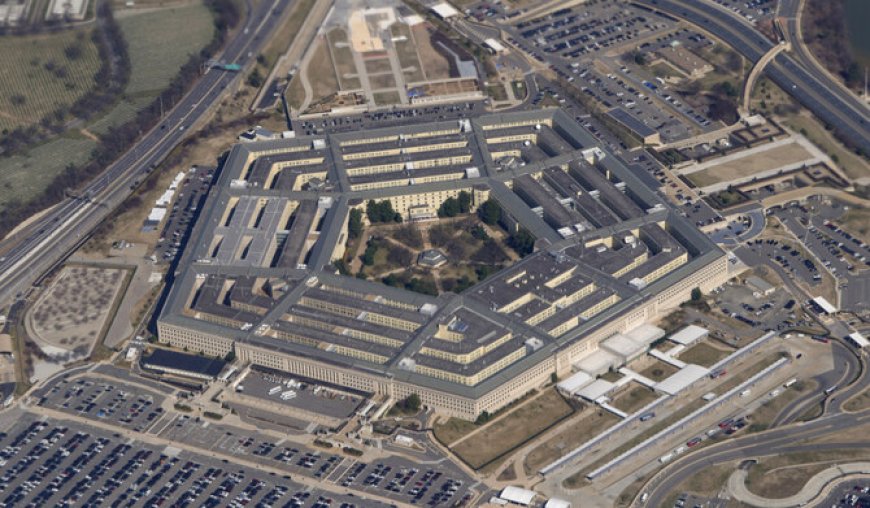US increases military presence amid Middle Eastern growing tensions.
The United States has taken major action to increase its military presence in the Middle East as the state of affairs there keeps worsening after Israel's latest military operations against Hezbollah

The United States has taken major action to increase its military presence in the Middle East as the state of affairs there keeps worsening after Israel's latest military operations against Hezbollah. On Sunday, the Pentagon declared that it is raising air support capacity and stationing troops on higher alert for possible deployment. This choice underscores growing worries that the murder of Sayyed Hassan Nasrallah, the head of Hezbollah, would set off a more general battle involving Iran and its allies.
Pentagon spokesman Maj. Gen. Patrick Ryder underlined in a statement that the U.S. is dedicated to stop Iran and its allies from profite from the present crisis. He cautioned, "the U.S. will take every required action to defend our people if Iran or groups Tehran backs use this moment to target American personnel or interests in the region." This comment emphasizes the Biden government's aim to prevent more conflicts while trying to protect American interests in an unstable surroundings.
A sequence of Israeli strikes that have escalated recently provides the backdrop for this development. Israel has kept its onslaught in Lebanon after Nasrallah and other senior Hezbollah commanders were killed, generating concerns regarding the possibility of Iranian reprisals. Apart from severely damaging the leadership of Hezbollah, the strikes have revealed weaknesses in its operational capacity, which fuels concerns of instability in Lebanon and surrounding countries.
In view of this leadership void, white house national security spokesman John Kirby said the U.S. is closely observing Hezbollah's future actions. Kirby said that continuous talks with Israeli officials help to ascertain suitable next actions in the developing scenario. Although the United States has not yet ordered an American citizen evacuation from Lebanon, it has set backup plans including sending more troops to Cyprus in expectation of a prospective evacuation.
This military build-up begs important issues regarding the long-term American policy in the area. Although the Biden government has openly stated its goal to control the crisis and guarantee the safety of American citizens, the higher military support for Israel could be seen as an escalation rather than a stabilizing agent. Critics contend that by backing Israeli operations without tackling the fundamental problems causing ongoing strife in the area, the United States is feeding a cycle of violence.
Moreover, there is great chance of Iranian reprisals. Iran has promised to react to strikes on its friends and has always positioned itself as defender of Hezbollah. Apart from increasing the stakes for diplomatic agreements that are becoming challenging to reach, the present military posture of the United States runs the danger of pushing American forces deeper into the fight.
The situation in Lebanon is a microcosm of more general Middle Eastern geopolitics as tensions keep rising. The interaction between American military support for Israel and Iranian influence in the area might have significant consequences for not only the immediate players engaged but also for world stability generally. The whole community watches intently as the United States increases its readiness, hoping for moderation among a fast developing crisis.













































